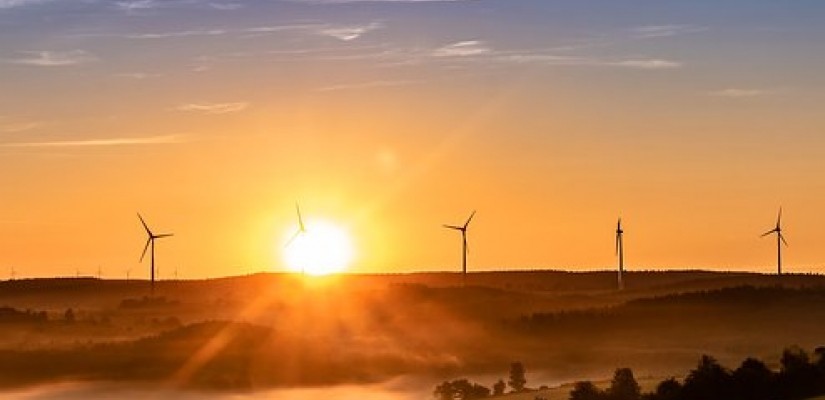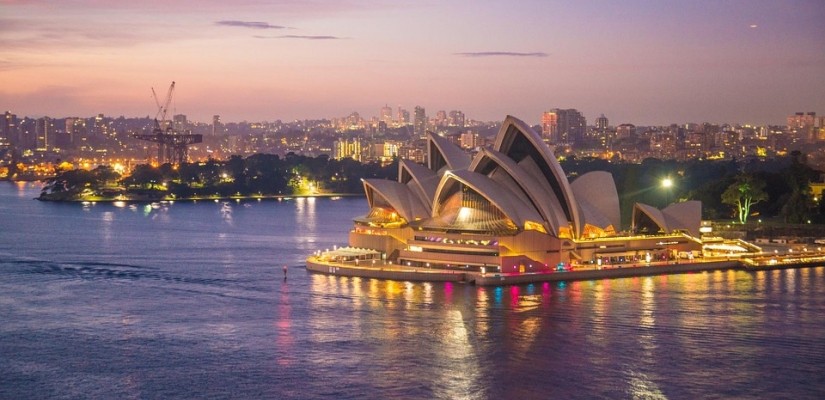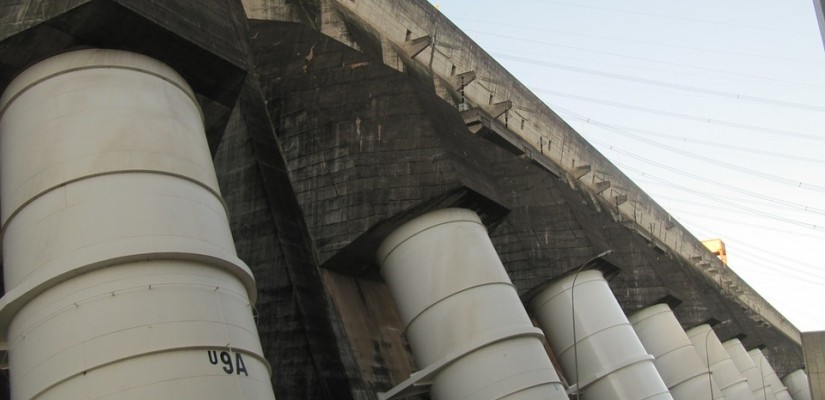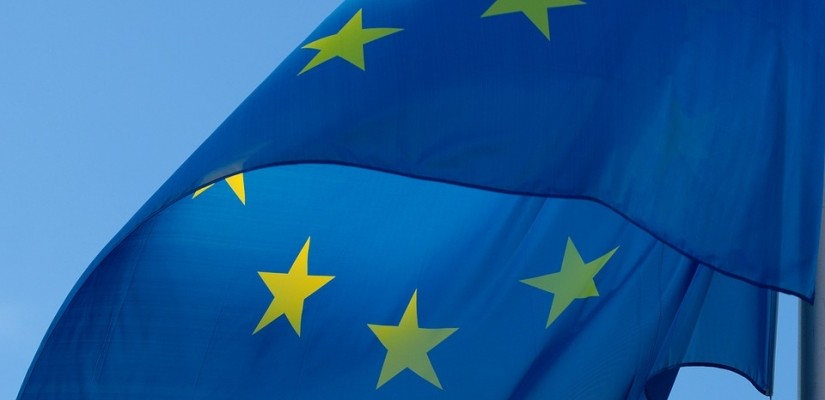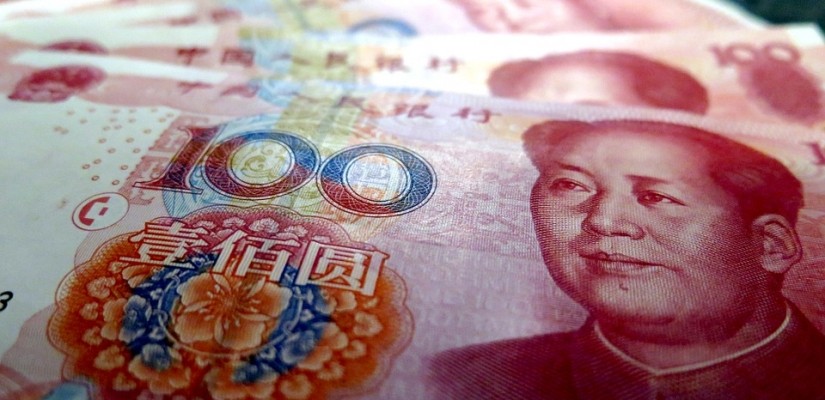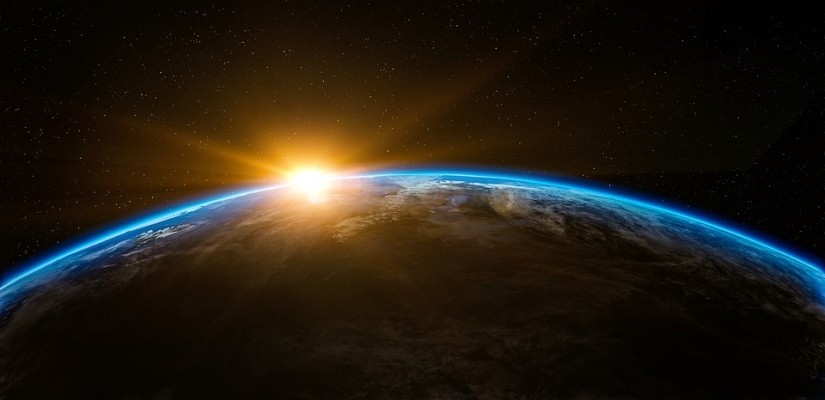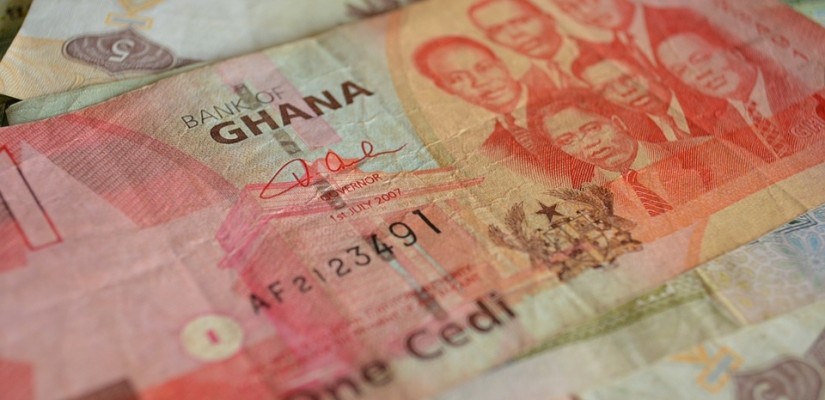Financial Crime Risks in Malta
- Oct 21, 2019
Malta may be an inconspicuous island state, but its reputation among financial law investigators precedes the small European country. European compliance bodies have closely monitored Malta in the last two years and have uncovered high risks of financial crime ...


